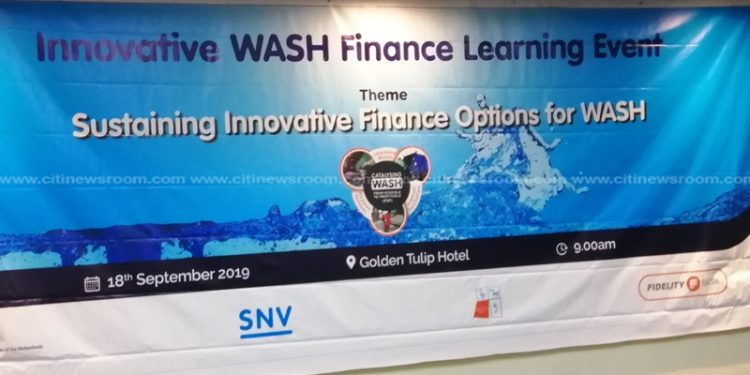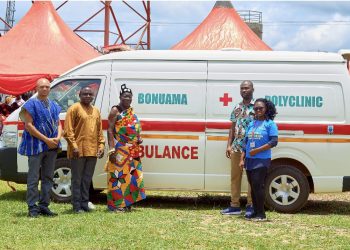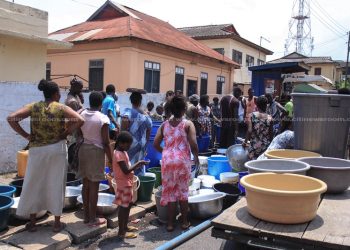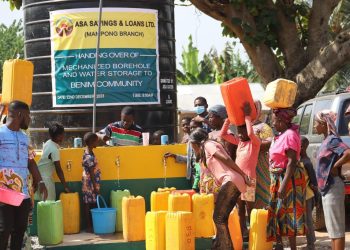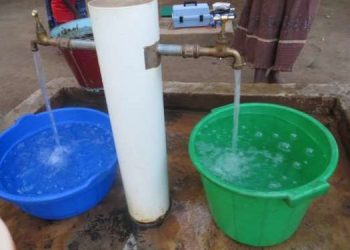Stakeholders in the Water, Sanitation and Hygiene (WASH) sector have met to discuss ways of sustaining and scaling up the financing of WASH services in Ghana.
The innovative WASH finance learning event held in Kumasi was on the theme “Sustaining innovative finance options for WASH”.
The event served as a platform for stakeholders to discuss the financing landscape and modalities for scaling up sustainable WASH financing models.
Access to safe, reliable and affordable water services remains a challenge for most communities in Ghana.
Only 21% of the population has access to basic sanitation, about 22% practice open defecation and 33% have safely managed water access.
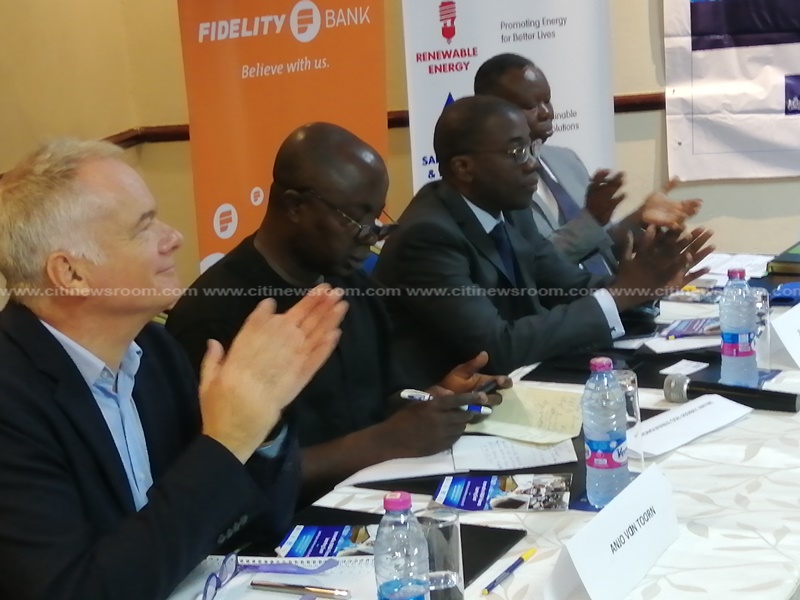
This has contributed to increased water and sanitation-related diseases-a situation that is worsening the plight of the vulnerable populace.
Although Government is working to address sanitation and hygiene problems as part of its target in achieving the sustainable development goals, financial challenge continues to be a hindrance.
In this light, the Embassy of the Kingdom of the Netherlands in 2015 deployed a four million euro revolving fund to improve access to finance and technical assistance for households/house owners, micro, small and medium enterprises (MSMEs) for investment in WASH infrastructure and services.
The Catalyzing WASH from Possible to Profitable (P2P) project is jointly implemented by SNV Netherlands Development Organization in partnership with Fidelity Bank.
Project Manager, Agatha Quayson explained that the learning event focused on discussions that are geared towards sustaining and scaling up financing for WASH services.
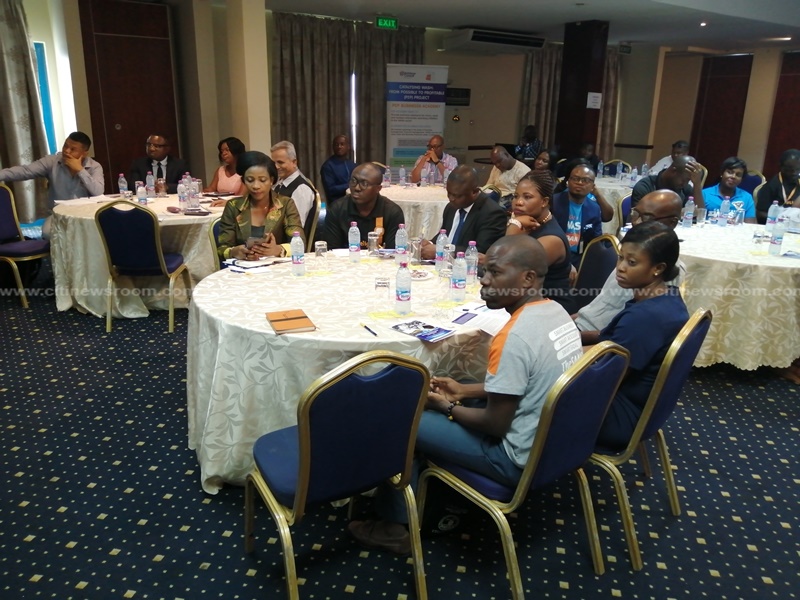
She said the public must be encouraged to be self-sustained by being able to manage their own WASH initiatives effectively at a time when a lot of donors are pulling out in terms of grants provision.
“More of these engagements are geared towards ways that can sustain the funding in the WASH sector, because a time will come there will be no donor, but if we have been able to sustain ourselves by engaging private sector to invest, we will be able to still continue to address sanitation issues in the country,” she indicated.
Country Director for SNV, Anjo van Toorn emphasized the need to strengthen the capacities of players in the sector and support them deliver effective WASH services.
The implementing partner, Fidelity Bank Ghana Limited has pledged full commitment to support innovative ways to sustain financing in the WASH sector.
Managing Director for the Bank, Julian Opuni indicated that his outfit has Ghanaian interest and will continue to support such initiatives not necessarily looking at making profit.
The Ministry of Sanitation and Water Resources commended the initiative and said it will continue to support initiatives geared towards financing Water, Sanitation and Hygiene (WASH) services.
The Ministry indicated that private sector participation was key in helping the Government to meet targets under the Sustainable Development Goals (SDGs) under WASH services by the year 2030. Policy Officer in charge of Water and Sanitation at the Embassy of the Kingdom of the Netherlands, Janet Arthur said the donor landscape was changing and there was the need to adopt initiatives like the Catalyzing WASH from Possible to Profitable (P2P) project.
The event was also to kick start a dialogue process for mainstreaming the project’s operational model into the overall framework for delivering WASH services for broad-scale replication.

